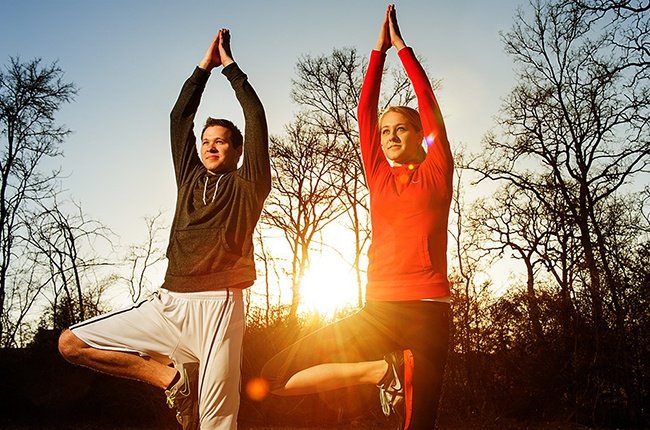How body awareness affects our well-being
0 comments
Body awareness, which refers to how much we understand the connection between our body and mind, affects not only our physical health but also our mental well-being. Injuries can cause frustration, body insecurities can hurt our self-esteem, and job stress can lead to anxiety, among other issues.
By improving our body awareness, we can better manage our physical and mental challenges and release the barriers in our lives. We can let go of stored anger, negative self-views, and the stress our bodies carry, allowing us to start healing and achieve a better state of overall wellness.
Our body, mind, and consciousness are linked, even though we may not always realize it. Both our body and mind can operate on autopilot, which might lead to harmful outcomes. If one part feels tired, stressed, or hurt, the other part is impacted too. By increasing our awareness of both, we can unify our physical presence and mental state, leading to greater body awareness.

This awareness helps us identify where we feel discomfort in our bodies and offers solutions to our issues. When we recognize feelings like tension or sadness, our mind knows how to begin the healing process. The more we enhance our body awareness, the more smoothly our body and mind can work together, creating a solid foundation for better well-being.
Moving slowly is key. Control your movements with your mind rather than letting your body act on its own. The body often moves automatically, which can disconnect us from our thoughts. By bringing our subconscious actions to our conscious awareness, we can gain better control and allow our movements to flow harmoniously between our body and mind.
Try performing the slowest movement possible, regardless of the activity. Allow your awareness to dictate the speed, staying mindful of each action. You can also practice slowing down your speech, your breathing, or your thought process. Start at a slow pace, and if it feels overwhelming, ease up.
For meditation, find a comfortable position without distractions. Spend 5-10 minutes simply focusing on your breath. Avoid using your phone, checking emails, or watching TV. If you feel restless or your mind wanders, concentrate on taking deep breaths in and out.
Check in with your body by asking how each part feels, starting from your head and moving to your toes. Pay close attention to every area without hurrying. Take your time to feel and understand each part of your body, and when you are ready, continue moving through your check-in.
Comments